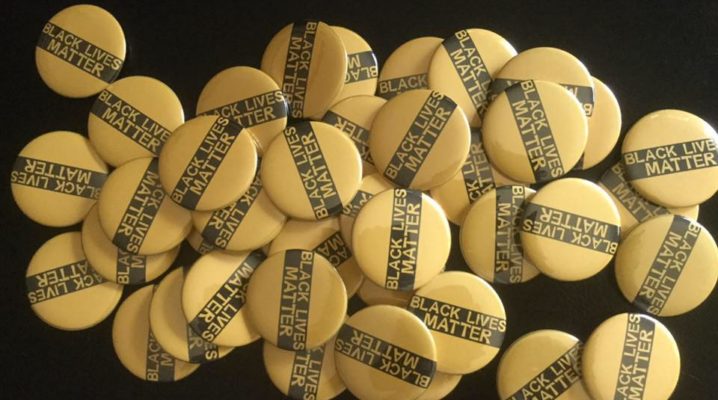Black Americans experience disproportionately high rates of unemployment, significantly lower income, overrepresentation among essential workers, and health disparities which include greater rates of COVID-19 infection and higher mortality from the virus. This 13% of the country’s population accounts for just 2.6% of the nation’s wealth (wealth meaning those assets that can be passed on to future generations). In practical terms, a typical African American’s net worth is $17,000, in contrast to $170,000 for the typical white American—a tenfold gap. 40% of African Americans own their own homes, compared to 70% of white Americans.
In her June 17, 2020 article “Why Does the Racial Wealth Gap Matter,” Susan Smith Richardson, CEO of Center for Public Integrity, condenses her interview with William “Sandy” Darity. Darity is co-author with his wife Kristen Mullen of the book From Here to Equality: Reparations for Black Americans in the Twenty-First Century.
Richardson quotes Darity who identifies the racial wealth gap as “the best economic indicator of the degree of inequality and injustice in American society.”
Darity says that “The reason the wealth gap matters in terms of Black/white differences is because it’s such a critical index of the cumulative effects across generations of racial injustice in the United States.” Richardson reminds us that “The failure of Reconstruction and a history of government policies and laws — from segregation to redlining — have helped create this gap.” Reparations, Darity maintains, is needed to increase Black wealth and address this legacy of racial inequality.
Darity says, “Wealthier people are able to purchase a home in high amenity neighborhoods. They’re better able to ensure that their children receive high-quality education. They’re better able to participate in the political process in a country where money really does matter in the political process. They can leave bequest to future generations to ensure their economic security and economic well-being. It is generated primarily by intergenerational transfers of resources from parents and grandparents to the youngest generation.”
Our goal is one America, equal justice. Reparations is the way there.
— Mary Devitt, BLM2WIUU Coordinator
